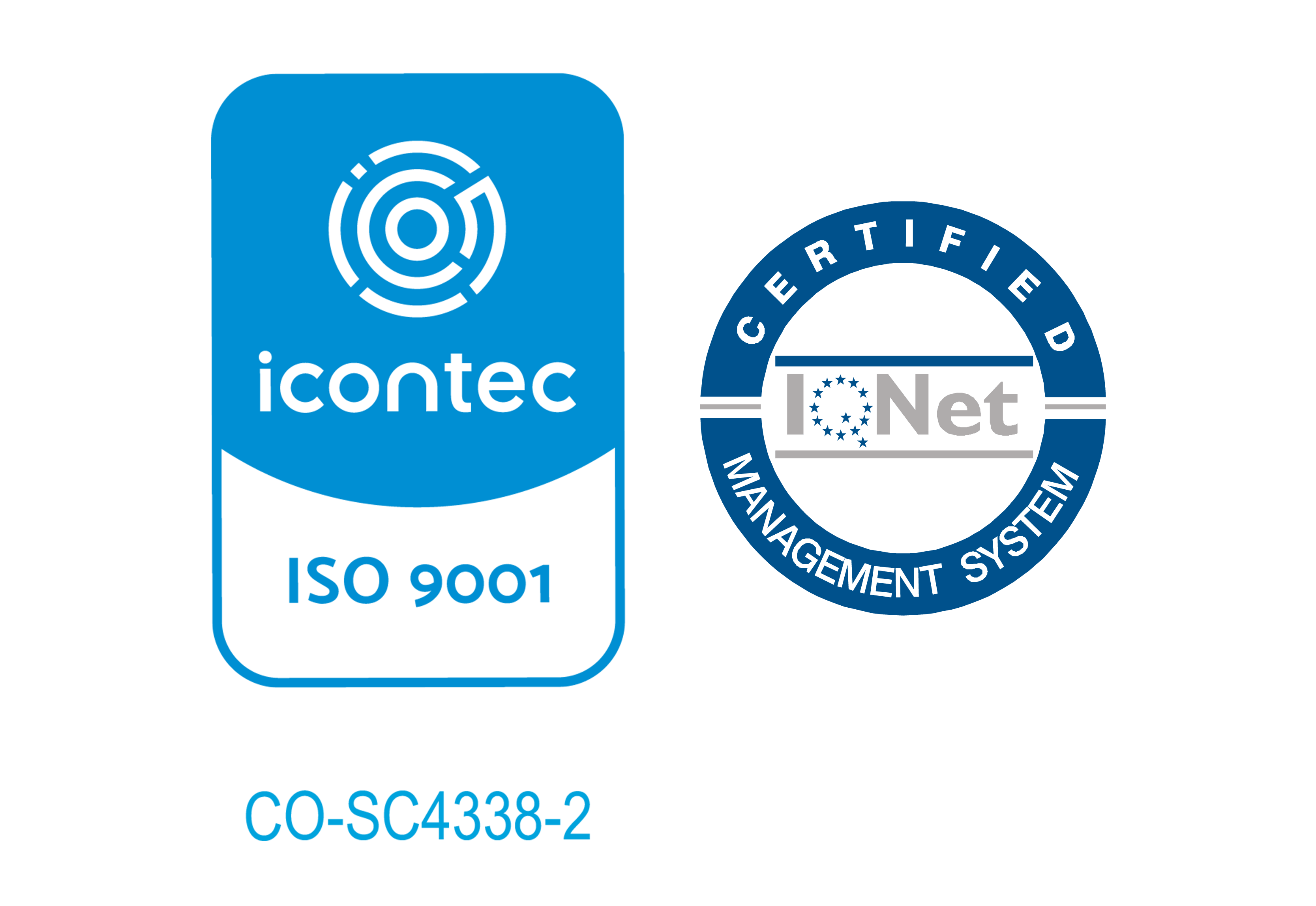Anti-Americanism in Japan / Watanabe Yasushi -- Japan's image problems and the soft power solution : the JET program as cultural diplomacy / David L. McConnell -- Higher education as a project of America's soft power / Philip G. Altbach and Patti McGill Peterson -- Facing crisis : soft power and Japanese education in a global context / Yonezawa Akiyoshi -- Nurturing soft power : the impact of Japanese-U.S. university exchanges / Ellen Mashiko and Horie Miki -- The attractions of the J-wave for American youth / Anne Allison -- Shared memories : Japanese pop culture in China / Nakano Yoshiko -- Japan's creative industries : culture as a source of soft power in the industrial sector / Sugiura Tsutomu -- Baseball in U.S.-Japanese relations : a vehicle of soft power in historical perspective / Sayuri Guthrie-Shimizu -- American pop culture as soft power : movies and broadcasting / Matthew Fraser -- Wielding soft power : the key stages of transmission and reception / Kondo Seiichi -- Official soft power in practice : U.S. public diplomacy in Japan / William G. Crowell -- Japan does soft power : strategy and effectiveness of its public diplomacy in the United States / Agawa Naoyuki -- Mr. Madison in the twenty-first century : global diffusion of the people's "right to know" / Lawrence Repeta -- Soft power of NGOs : growing influence beyond national boundaries / Imata Katsuji and Kuroda Kaori.
"Soft power" describes a country's ability to get what it wants by attracting rather than coercing others, by engaging hearts and minds through cultural and political values and foreign policies that other countries see as legitimate and conducive to their own interests. The idea was introduced by Joseph Nye, former Assistant Secretary of Defense for International Security Affairs. The book analyzes soft power assets of United States and Japan, and how they contributed to one of the most successful bilateral relationships of twentieth century. Sponsored by U.S. Social Science Research Council and the Japan Foundation's Center for Global Partnership, it brings together contributors to explore multiple axes of soft power that operate in U.S.-Japanese relationship, and between United States and Japan and other regions. Contributors move to a more dynamic interpretation, and demonstrate important role of non-state actors in wielding soft power. They show how public diplomacy on both sides of the Pacific, bolstered by less formal influences such as popular cultural icons, product brands, martial arts, baseball, and educational exchanges, has led to vibrant U.S.-Japanese relationship since World War II despite formidable challenges. Emphasizing the nature of persuasion, the book shows an approach to soft power that has implications for today--Publisher's description.

Escuela de administración
Facultad de Jurisprudencia
Facultad de Ciencias
Escuela de Ciencias
Escuela de Medicina
Facultad de Economía
Facultad de Estudios
Facultad de Creación
Escuela de Ingeniería,
Otras Ofertas
 Historia y símbolos
Historia y símbolos
 Enfoque estratégico
Enfoque estratégico
 Gobierno universitario
Gobierno universitario
 Playbok - Nuestros pilares de transformación
Playbok - Nuestros pilares de transformación
 Protocolo de seguridad
Protocolo de seguridad
 Archivo histórico
Archivo histórico
 Portafolio de becas, descuentos y apoyo financiero
Portafolio de becas, descuentos y apoyo financiero
 Casa UR
Casa UR






 Proyección social
Proyección social Filantropía
Filantropía Hagámoslo posible
Hagámoslo posible

 Libro
Libro







